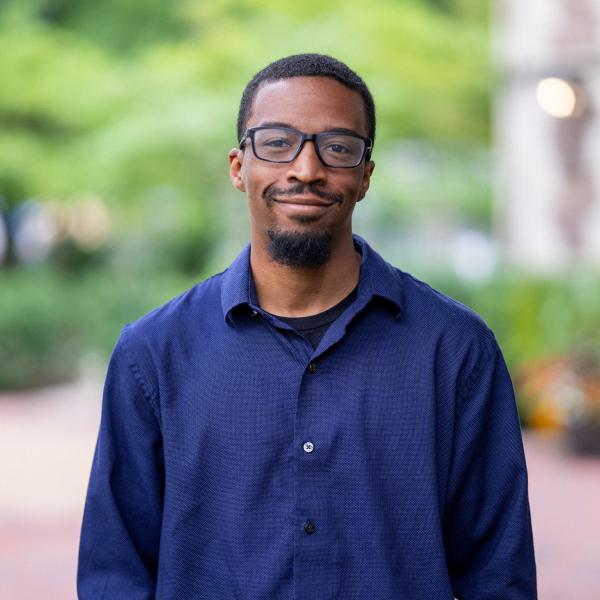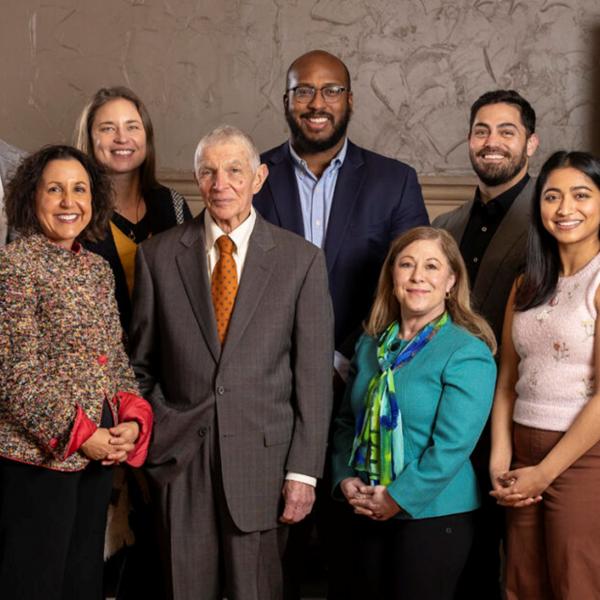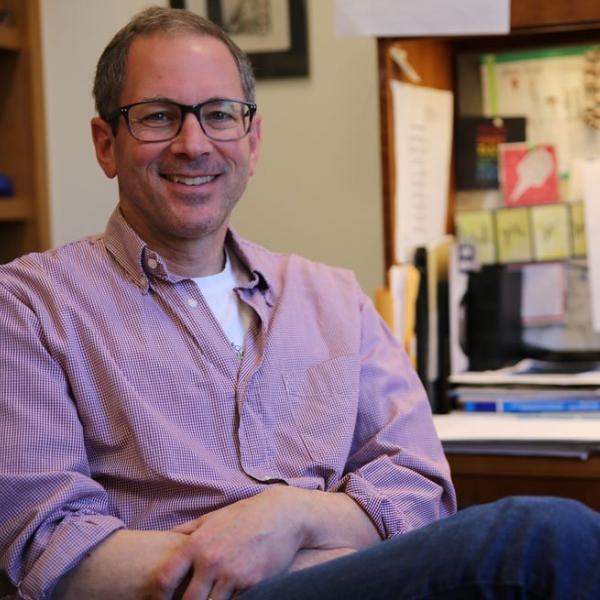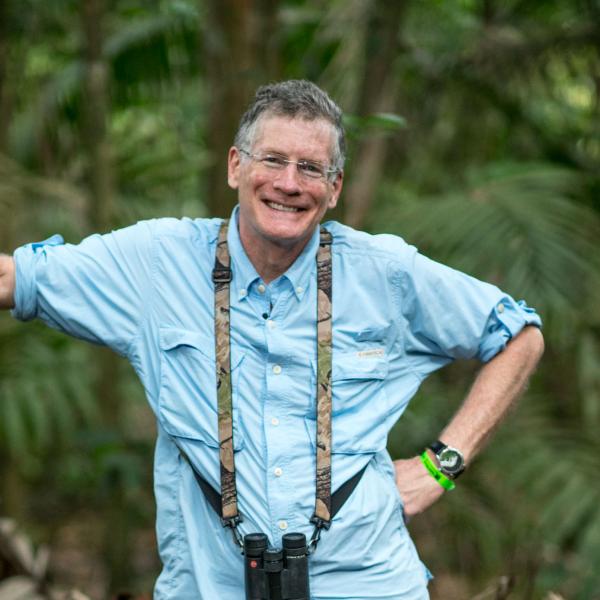Zi’Onay Walker, an undergraduate microbiology major, was awarded a sponsorship from the Association of Biomedical Research (ABmR).
ABmR finds donors to “sponsor” a student so they can focus on research and minimize the need for other sources of income, helping to remove the financial barrier of entry into science. ABmR works with the donor to find a small group of labs that interest them. The donor for this scholarship is Natural Farm, a company specializing in natural and sustainable dog treats.
“Out of all the students we have previously worked with, Zi’Onay is exceptional. Her passion for research/medicine and her motivation to apply that toward research makes Zi’Onay more than deserving of this scholarship,” ABmR coordinator Tyler Buckley said.
Zi’Onay joined Associate Professor Arpita Bose’s microbiology lab in 2020 as an undergraduate research assistant. “I nominated Zi’Onay for this award because she proposed her project on environmental bioremediation, and the lab currently did not have support for that project. In this way, I was able to support not only Zi’Onay but the project she was most passionate about! I have learned as a mentor that students excel at what they are most passionate about. My job is to find support for them and nurture them in their individual quests. I have had to be very creative to find support for the diverse students in my lab, and I am thankful that this NGO chose to support Zi’Onay and our lab,” Bose said.
The financial assistance provided by this sponsorship will allow Zi’Onay to focus on research in the Bose lab, which aims to use wetland microbes to degrade toxins and pollutants in the environment.
“The outstanding ability of these microbes to use various organic and inorganic compounds as electron donors can be extremely beneficial to study the degradation process of the pollutants like polyfluoroalkyl substances (PFAS), deemed a “forever” contaminant. If successful, this project will allow us to sustainably clean our oceans and other PFAS polluted areas and lead to more funding for research directed towards sustainable microbial practices, hopefully leaving behind a better living space for all,” Zi’Onay explained.
She thinks programs like this one are important for filling gaps in research, especially at the undergraduate level.
“For many young researchers, having to think about living expenses and other costs can negatively impact their ability to do research because there’s very little funding out there for undergrads. Opportunities like this allow for minority and/or underrepresented groups to be able to truly invest their time into research without having to worry that the hours they spend in the lab will take away from hours they could spend trying to pay rent. This grant gives both a financial boost, and it also allows for more ownership in experimentation and the research process,” Zi’Onay said.





